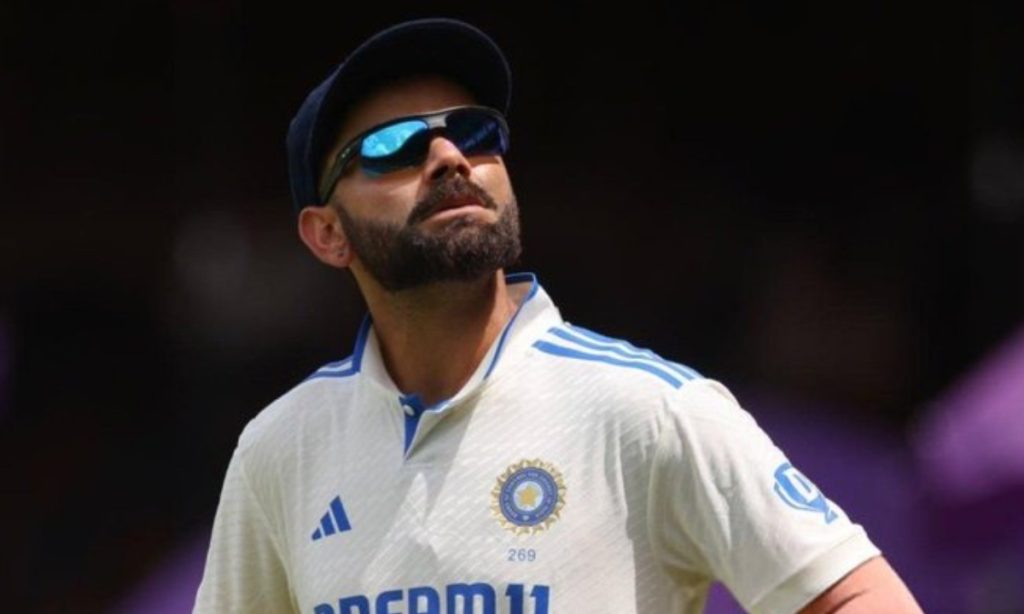In cricket, where every match writes a new chapter, the recent Test encounter between India and New Zealand has added an intriguing twist to the narrative. New Zealand, touring India, found themselves in the unprecedented situation of being bowled out for a mere 46 in the first innings, a score that would typically spell doom for any team. However, cricket, as we know, is a game of glorious uncertainties, and this match was no exception. The backdrop to this event, however, isn’t just about the numbers but about the mindset, the ethos, and the legacy left by Virat Kohli’s captaincy, as reflected in Murali Vijay’s words, “the mindset change happened when Virat Kohli took India’s Test Captaincy. We always wanted to go for the win no matter where we play or against whom we play.”
Kohli’s captaincy was not just about leading from the front with the bat but about instilling a culture of relentless pursuit of victory. His tenure was marked by a transformation in how the Indian team approached the game, especially in Test cricket. The focus was not just on playing well but on dominating, on setting the agenda rather than reacting to it. This shift was evident in every series, where the team’s strategy was clear: attack, dominate, and win. Kohli’s influence wasn’t just in the tactics but in the fitness levels, the mental toughness, and the belief that every game was there to be won, no matter the odds.
The recent match against New Zealand, where they managed to turn the tables despite their initial debacle, underscores this very philosophy. While Kohli’s direct influence might not be as tangible now, the legacy of his captaincy lives on in the team’s DNA. The Indian team, even in Kohli’s absence, showed glimpses of that aggressive, never-say-die spirit. New Zealand’s comeback, winning by 8 wickets, might seem contrary to the narrative, but it’s a testament to how cricket matches are not won or lost in a single session but over the course of five days.
Murali Vijay’s quote encapsulates this era under Virat Kohli, where the mindset was not about playing safe or settling for draws but about chasing victories, about making statements. This approach, while not always yielding wins, certainly changed how opponents viewed India. It was no longer about containing India but about surviving them. The recent match, where New Zealand managed to bounce back, might have ended in their favor, but it was a battle that showcased the resilience and the aggressive spirit that Kohli’s captaincy had nurtured.
In closing, while the result of the match might not have gone India’s way, the spirit with which they approached the game, the relentless pursuit of victory, even when faced with a historically low score by the opposition, speaks volumes. Kohli’s captaincy might be a chapter closed, but its impact is a story that continues to unfold. The Indian team, even in defeat, showed the world that they are a team forged in the crucible of Kohli’s vision – a vision of always wanting to win, no matter the odds. This match, like many others, will be remembered not just for the scoreline but for the fight, the spirit, and the legacy of a captain who changed the game for his team.

